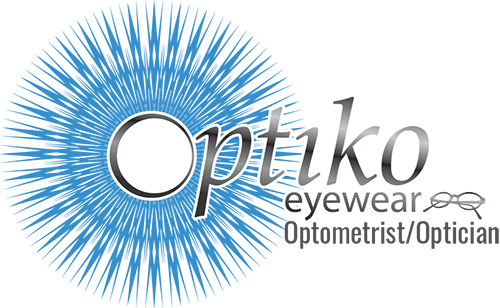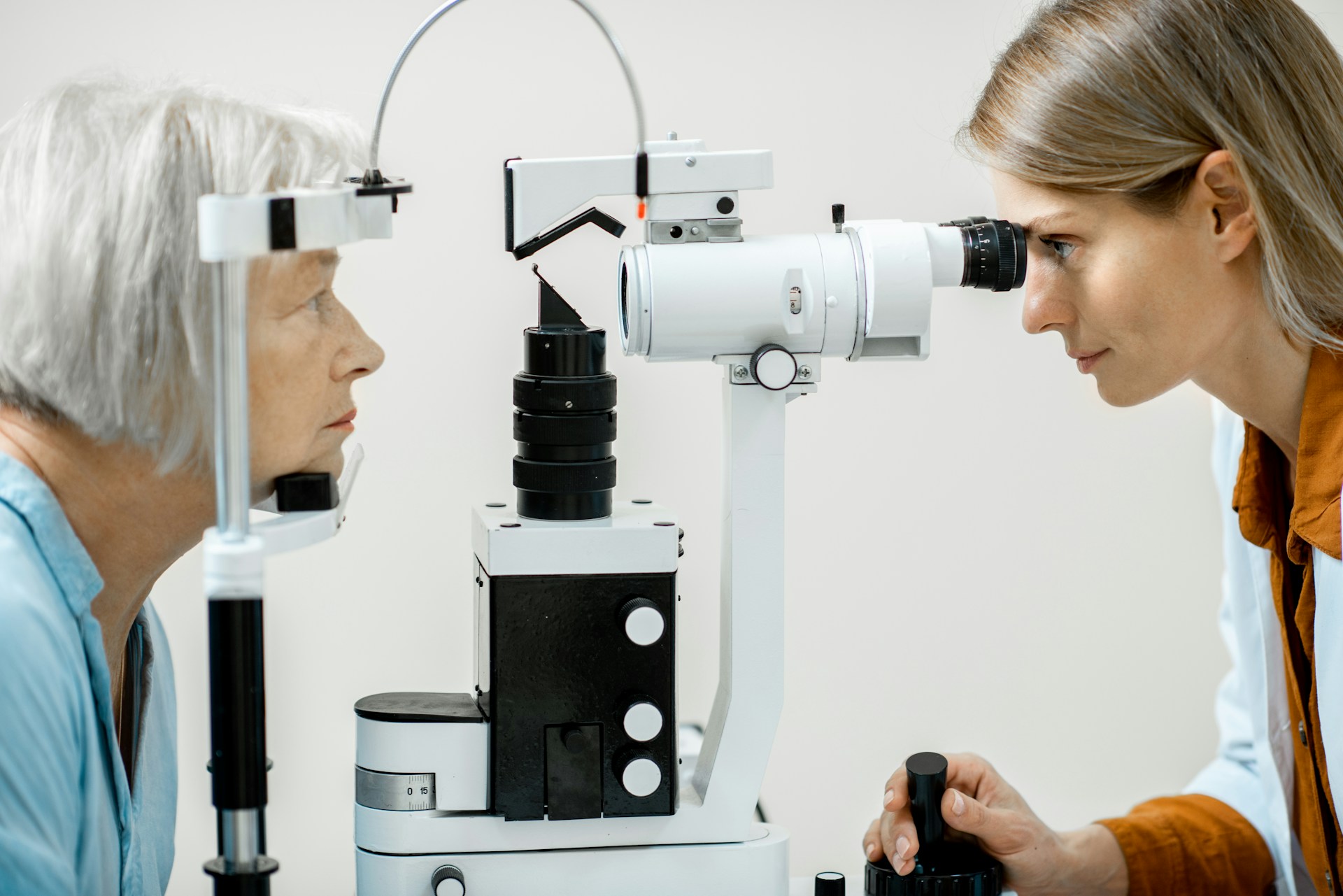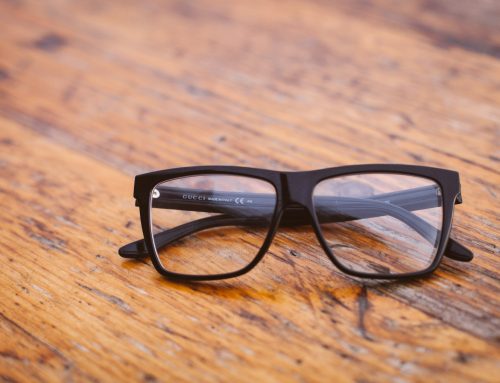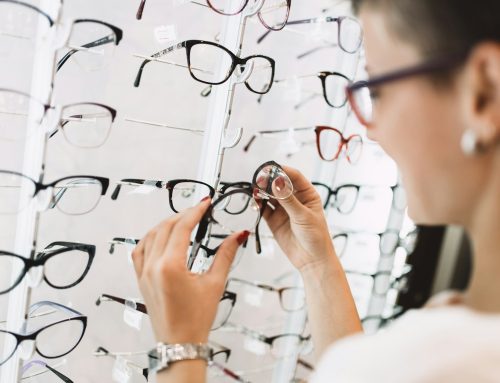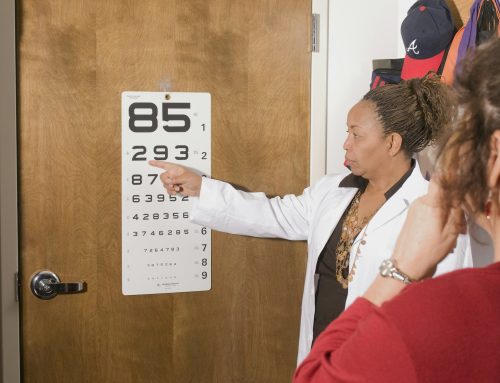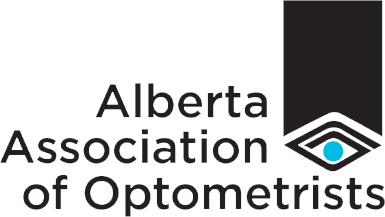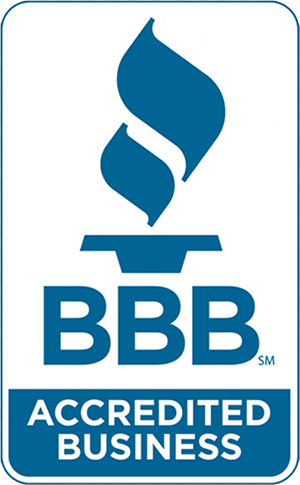Regular eye exams play a crucial role in maintaining optimal eye health and visual acuity, especially as our lifestyles and environments evolve. At Optiko, we understand that the process of scheduling and attending an eye exam can be overwhelming for some, especially for first-time visitors. To ensure a smooth, stress-free experience, we’ve curated this comprehensive, step-by-step guide for scheduling and having an eye exam with our expert Optiko team.
Our goal is to demystify the process by walking you through every stage, from booking your appointment to understanding how to fully benefit from your eye exam. With this guide, you’ll be well-equipped to maintain good eye health and find eyewear solutions tailored to your unique needs.
1. Scheduling Your Eye Exam with Optiko
Booking an eye exam at Optiko is a straightforward process designed to fit effortlessly into your busy lifestyle. Here are the steps to schedule your appointment with ease:
- Visit Our Website: Navigate to the Optiko website to access essential information and resources about our services.
- Contact Information: Locate our contact information page to find the Optiko location nearest to you, along with phone numbers and emails for each branch.
- Make the Call: Give us a call or send an email to the location of your choice, providing your name and contact details. Our friendly staff will guide you through available appointment dates and times to find one that accommodates your schedule.
- Insurance: If you have vision insurance, make sure to provide the necessary information during the scheduling process. We will verify your coverage to ensure a seamless experience during your visit.
2. Preparing for Your Eye Exam
To make the most of your eye exam, it’s essential to come prepared with accurate information and any necessary materials. Here are some tips to ensure you’re ready for your appointment:
- Eye Health History: Compile a record of your eye health history, including any previous prescriptions, surgeries, or eye conditions. This will provide valuable information for your optometrist and enable them to customize your eye care experience.
- Family History: Be aware of any family history of eye diseases or vision problems, as some conditions can be hereditary. This information helps your optometrist assess your risk factors and develop appropriate preventative strategies.
- Current Medications: Make a list of any medications you’re currently taking, as certain ones can impact your vision or eye health. Remember to include both prescription and over-the-counter medications, as well as supplements.
- Glasses and Contact Lenses: If you currently wear glasses or contact lenses, bring them to your eye exam. Your optometrist will evaluate their effectiveness and recommend adjustments if needed.
3. What to Expect During Your Eye Exam
Your eye exam will entail a series of tests and assessments to evaluate the overall health of your eyes and determine the most appropriate corrective measures if needed. Here’s what to expect during your visit:
- Patient History Intake: Your optometrist will review the eye health history, family history, and medication information you’ve provided. They may ask additional questions to ensure they have a comprehensive understanding of your unique needs and risks.
- Visual Acuity Test: This test measures the sharpness of your vision using a standardized eye chart. The optometrist will assess your ability to see letters at various distances, helping them determine if you require corrective lenses.
- Pupil Response Test: Your optometrist will evaluate your pupils’ response to light by shining a flashlight into your eyes. This test helps to identify potential abnormalities in the way your eyes react to changes in light conditions.
- Eye Movement Test: Your optometrist will assess your eye coordination and muscle control by observing your ability to follow a moving target. This test helps to detect any eye alignment or coordination issues.
- Slit-lamp examination: Using a specialized microscope called a slit lamp, your optometrist will examine the structures of your eyes, including the cornea, iris, lens, and conjunctiva. This test helps to identify conditions such as cataracts, macular degeneration, and dry eye syndrome.
- Intraocular Pressure Test: This test measures the pressure inside your eyes, which can be an indicator of glaucoma – a potentially harmful eye condition. Typically, a small device called a tonometer will be used to gently touch the surface of your eye to determine the pressure.
- Retinal Examination: To examine the back of your eyes, including the retina, optic nerve, and blood vessels, your optometrist may employ a series of techniques, such as using a specialized lens or dilating your pupils with eye drops. This test helps to detect issues like diabetic retinopathy, retinal detachment, or optic nerve damage.
4. Post-Exam Insights and Recommendations
Following the eye exam, your optometrist will discuss your test results, highlighting any areas of concern, and recommend the most suitable course of action. Here are some potential next steps:
- Prescription Update: If your vision has changed, your optometrist may update your glasses or contact lens prescription, ensuring optimal vision correction.
- Treatment Recommendations: Depending on the outcome of the exam, your optometrist may advise on various treatments or preventative measures, such as eye drops, therapeutic lenses, or vision therapy exercises.
- Referrals and Follow-Ups: If a more severe eye condition is identified, your optometrist may refer you to an eye specialist for further evaluation and treatment. They will also inform you about the recommended timeline for scheduling follow-up appointments to monitor your eye health.
Unlock the Full Potential of Your Vision with Optiko
Optiko simplifies the process of scheduling and attending eye exams, ensuring you receive personalized and comprehensive care for your unique needs. We strive to create a seamless experience that prioritizes your eye health and overall well-being, helping you unlock the full potential of your vision.
At Optiko, our skilled optometrists are here to support you every step of the way, providing a tailored experience that puts your eye health and satisfaction first. Don’t let your eye health take a backseat – invest in regular eye exams in Calgary that contribute to maintaining optimal eye function and visual comfort. Schedule an eye exam with us today and begin your journey toward a lifetime of clear vision and healthy eyes!
